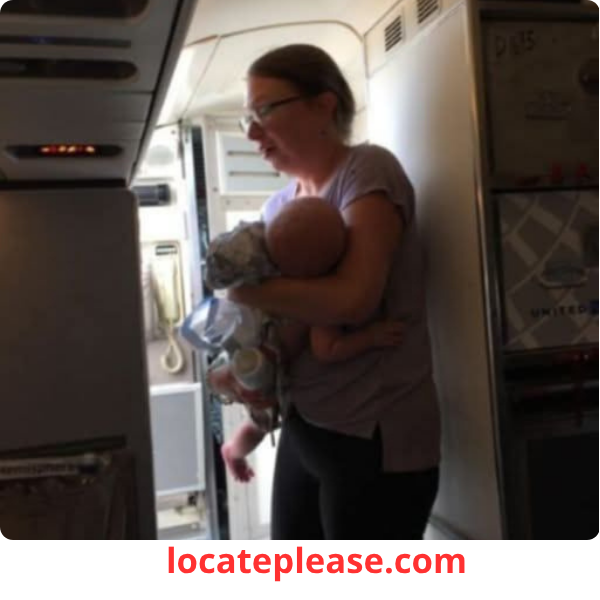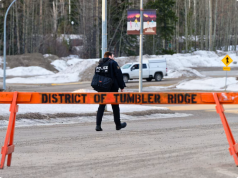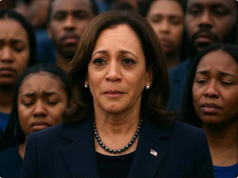The overhead bin slammed shut with a metallic clang, sealing my fate—or so I thought. I’d chosen this aisle seat near the front of the plane not just for legroom but for escape. Ten hours of turbulence, crying infants, and lukewarm peanuts awaited, yet my strategy was foolproof: aisle access meant I could stretch, stand, and disembark without the indignity of crawling over strangers. I’d paid extra for this privilege, a small luxury in a world where economy class feels increasingly like economy prison .
Then came the woman.
She stood in the narrow aisle, a toddler swaddled in one arm, a diaper bag slung over her shoulder, and a husband trailing behind like a reluctant backup dancer. Her eyes flicked to my seat, then to her boarding pass. A middle seat. Row 38. The last row. A coffin of upholstery wedged between two strangers, with the added bonus of proximity to the lavatory—a zone where the air hums with the scent of desperation and disinfectant.
Her gaze lingered on me. A silent plea. Or was it a challenge?
“I’m sorry,” I said, preemptively, “but I’m not moving. I paid for this seat.”
Her lips parted, then pressed into a thin line. “Wow, okay,” she muttered, loud enough for the passengers in 3B and 4A to catch the verdict. Heads turned. Eyes narrowed. A man in a business suit glanced up from his tablet, brow furrowed. A grandmother in floral polyester clutched her rosary.
The flight attendants, ever the Switzerland of sky-bound mediators, hovered nearby. No commands. No gestures. Just a collective shrug that said, It’s your call, sir .
By the time the engines roared to life, I could feel the cabin’s judgment like heat from the sun. A woman in the back row hissed, “Heartless,” to no one and everyone. A teenager across the aisle filmed me on his phone, my face frozen in the crosshairs of social media infamy.
The Descent
When the plane finally taxied to the gate, the woman’s simmering fury erupted. She lingered by the exit, her husband at her side, and flagged down a gate agent.
“I need to file a complaint,” she declared, voice sharp enough to puncture the humidity of the terminal. “This man refused to move from his aisle seat so I could sit with my baby.”
I stepped forward, my own voice taut with indignation. “I paid for that seat. It’s not my fault the airline separated your family.”
“Selfish!” she spat, as if the word were a curse. “You’re the kind of person who only thinks about themselves.”
The gate agent—a weary woman in a navy blazer—sighed. “Ma’am, he’s not obligated to switch.”
Her husband, now fully committed to the role of righteous enforcer, turned to me. “Basic human decency. You couldn’t do one nice thing?”
“Basic planning,” I shot back, “says you book seats together before takeoff. I didn’t cause your problem.”
The crowd thickened. A man in a Hawaiian shirt mouthed, “Rude,” to his partner. A teenager snapped a photo of my face, my sin immortalized for TikTok’s court of public opinion.
The Twist
But then, the security officer—the buzz-cut giant with the posture of a man who’d once broken a brick with his forehead—cleared his throat.
“Sir,” he said, “are you saying this passenger refused to move despite knowing the circumstances?”
“I’m saying,” I replied, “I paid for a seat. I kept it. That’s not selfish—it’s contractual.”
The officer turned to the mother. “And you?”
“She’s traveling alone with a child,” her husband interjected, as if the badge-wearing jury needed a reminder.
The officer nodded slowly, then gestured to a nearby bench. “Let’s talk.”
What followed was a surreal tribunal. The mother, animated by moral outrage, painted me as a villain who’d denied her comfort. I countered with the gospel of personal choice: airlines profit from chaos; passengers shouldn’t be punished for foresight. The officer listened, unblinking, before offering a verdict that left everyone stunned.
“Here’s what I see,” he said. “You both lost.”
Silence.
“You,” he said to the mother, “lost because the system failed your family. But you,” he added, turning to me, “lost because you’re clinging to a right that costs nothing to surrender—and everything to keep.”
The Aftermath
As the woman stormed off, her husband trailing with a final glare, I stood there, clutching my boarding pass like a scarlet letter.
The officer leaned in. “Next time,” he said, “maybe think about what’s right versus what’s yours . Sometimes, the difference matters.”
I walked into the terminal, the weight of collective disdain in my wake. Was I a monster? A martyr for consumer rights? Or just a guy who’d chosen comfort over charity?
The truth, as always, was murkier than the peanut oil stewing in the galley.






